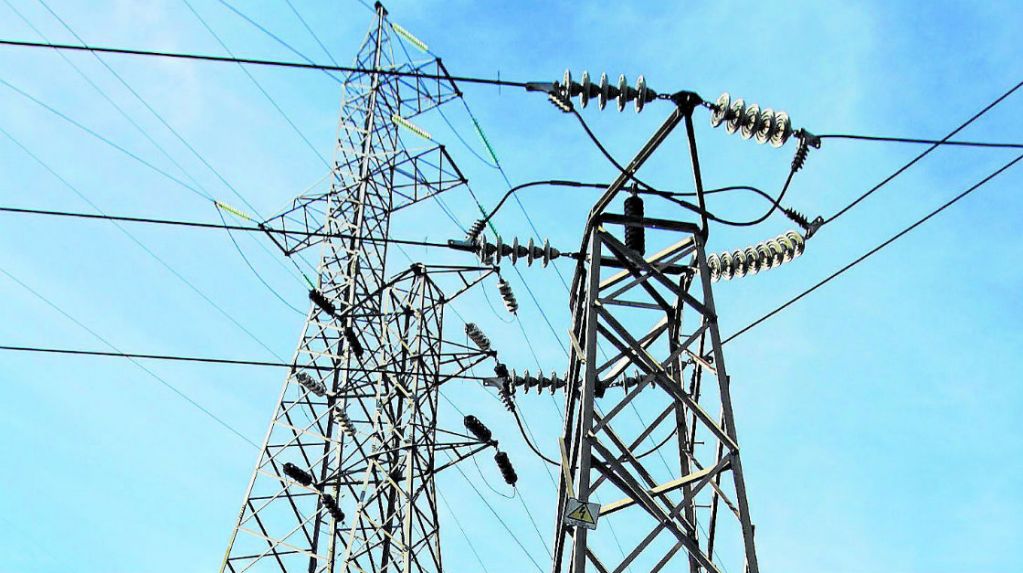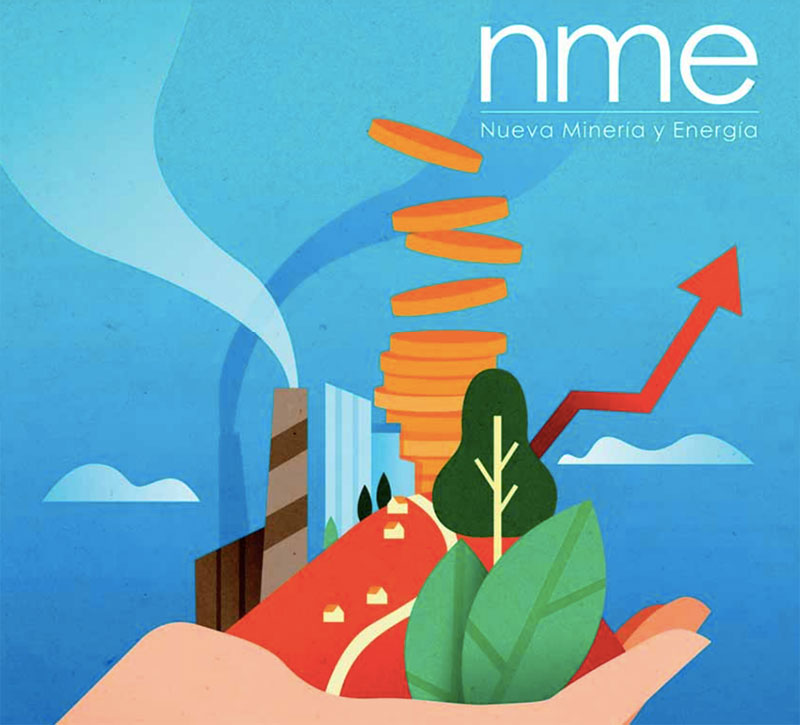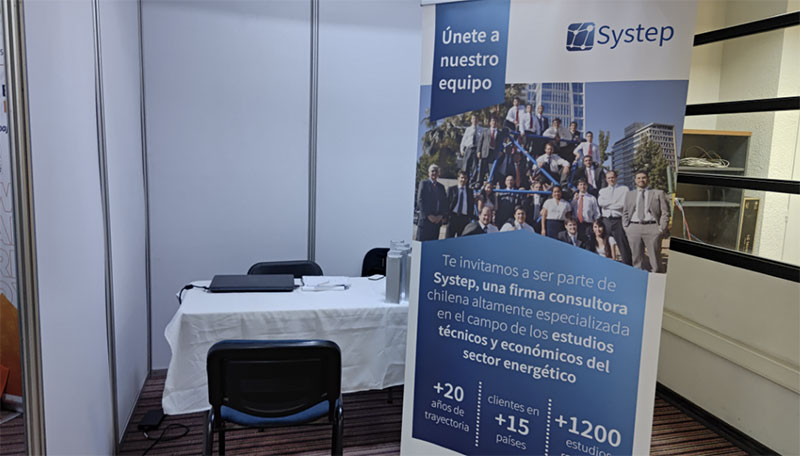
On the other hand, sales of free customers grew at double-digit rates. Experts explain that this is due to the fall in the price of energy and the legislative changes that broadened the spectrum to access the free segment.
Distributors’ energy sales fall 7.3% in 2017 dragged down by customer transfers
Electricity distributors are experiencing an accelerated decline in energy sales after the spectrum of customers eligible for the free tariff market was expanded three years ago.
And is that according to figures from the Electricity Coordinator, during 2017 energy sales of distributors fell by 7.3%, totaling 33,718 GWh; while on the contrary, sales of free customers grew at double-digit figures, 11.9% compared to 2016, with 34,550 GWh.
This disparity is partly explained by the migration of regulated customers to the free segment in search of better prices. And is currently the average price of contracts signed between generators and distribution companies for the supply of regulated customers, indexed to January 2018, is US$83.0 MWh for the National Electric System; figures that are expected to continue to increase. Meanwhile, free customers can access prices close to US$50 MWh.
“The migration from regulated to free customers is basically due to an opportunity to reduce the energy cost tariff. Regulated customers are subject to the prices bid by distributors to supply regulated customers, prices that are rising until 2020. On the other hand, the prices of free customers are freely agreed with generating companies and the offers of the generators are being very competitive. In general terms, the migration from a regulated client to a free one generates savings of between 20% to 30% in the final electricity bill”, explains Pablo Demarco, commercial manager of Plataforma Energía. This phenomenon occurs after the changes introduced to Law 20.805 -published in 2015-, which allowed customers with a connected power between 500 kW and 5,000 kW -previously the maximum was 2,000kW-, to opt for the regime under which they can opt -free or regulated-, allowing not only large consumers to negotiate directly with power generators.
Corporate response
This is already having an impact on the companies that provide these services. The country’s largest generator, CGE, reported in its fourth quarter financial statements that physical energy sales in Chile reached 13,181 GWh, a decrease of 3.2% compared to the end of December 2016. “Such decrease is mainly due to the transfer of regulated customers with connected power between 0.5 MW and 5MW to the tolled customer segment, seeking access to lower prices driven by the results of the last electricity supply tenders,” they explained to their investors.
Meanwhile, Enel Distribución, formerly Chilectra, has bet heavily on taking a slice of the market. Thus, it created a new division to attract free customers. The efforts have paid off: as of the third quarter of last year, it reported a 3.0% increase in its physical sales compared to September 2016.
Systep sees concerns about possible changes to residential generation
The changes that legislators are seeking to introduce to Law No. 20,571, with the aim of regulating residential generation, are viewed with moderation by the consulting firm Systep.
Among them, the elimination of customers being remunerated for their surpluses when these could not be discounted, the possibility for customers to use their injection surpluses in other properties they own, and increasing the maximum generation capacity up to 300 kW.
However, this raises doubts for Systep’s consultants, who believe that not receiving a payment for the surplus may directly affect the viability of the business, eliminating incentives. “In this sense, the biggest blow will be received by SMEs with installed generation overcapacity in relation to their consumption, companies that expected to receive income from the sale of surpluses,” they commented. “The global trend in distribution is to generate conditions for a proliferation of agents, including prosumers (producer/consumer), taking advantage of distributed resources in the most economical and secure way possible. Will we be generating the right conditions with this legal change?” he questions in his monthly report.



